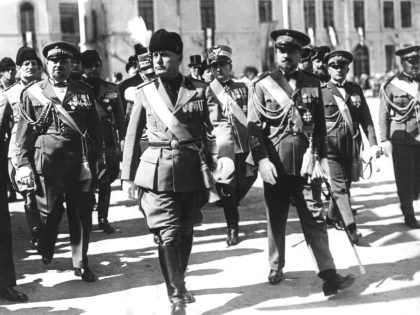
The Trouble With Fascism Analogies
In the interwar decades, many observers of rising fascism failed to understand what was new about this threat. Clinging to the word fascism to define today’s growing reactionary forces risks falling into the same trap.







